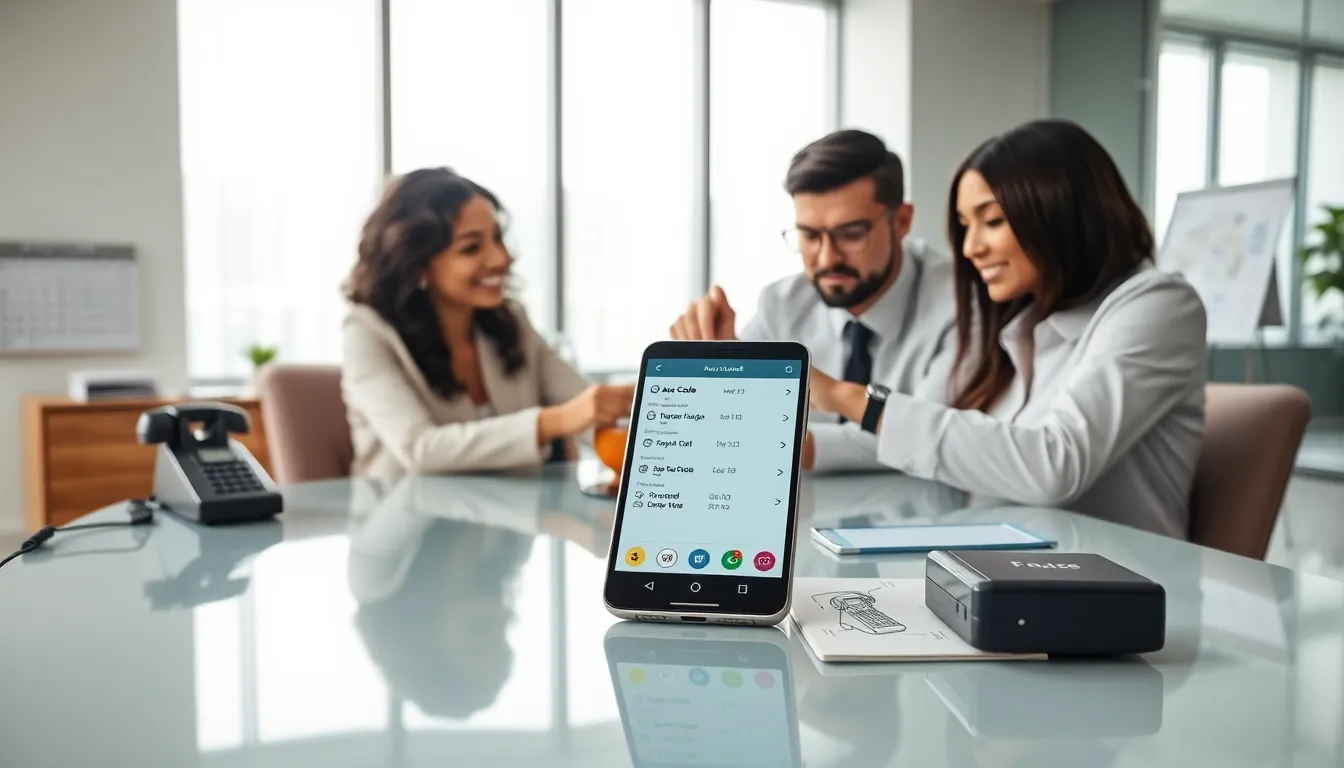When you think about the intricacies of communication, phone numbers might not immediately spring to mind. But trust me, the world of digits isn’t just a series of random numbers, especially when it comes to the infamous 9199147004. Have you ever wondered how that string of digits plays into the larger narrative of communication? Spoiler alert: it matters more than you think. In this text, we’ll unravel the fascinating history, the mechanics of phone number assignments, and even share tips for keeping your digits safe from prying eyes. Grab your favorite beverage because we’re diving deep into the telephone rabbit hole.
Table of Contents
9199147004

Phone numbers are not just a required series of numbers on your phone, they are gateways to communication. They have evolved over time, marking critical shifts in how societies interact.
Historical Context of Phone Number Formats
Did you know that the first telephone exchanges didn’t use phone numbers as we know them today? In the early days, people would simply request an operator to connect them to someone they knew. It wasn’t until the 20th century that systematic numbering took hold, allowing for easier and quicker connections. This historical context is crucial in understanding why today’s phone number formats exist. The standardization of numbers streamlined communication, transforming it from a cumbersome process into a more user-friendly approach.
The Role of Area Codes in National Dialing
Now let’s talk area codes. These little brackets of numbers play a vital role in modern communication. Introduced in the 1940s, area codes help sort numbers from different geographical regions. Let’s say someone in California needs to call someone in New York: the area code makes it clear where the call’s destination lies. This distinction is more important than ever in a world where long-distance calls have become the new normal.
How Phone Numbers are Assigned
So how does the process work for assigning these all-important numbers?
Different Types of Phone Numbers
Phone numbers are not one-size-fits-all, there are several types. Residential, business, and mobile numbers come with different rules and regulations. For instance, traditional landline numbers are often tied to a specific location, while mobile numbers can roam freely. Isn’t that fascinating? Each type serves a different purpose, ensuring people can reach one another without a hitch.
Mobile vs. Landline Numbers
The differences between mobile and landline numbers are significant. Mobile numbers allow for communication on the go, making them essential in today’s fast-paced world. On the other hand, landline numbers can provide stability and are often considered more secure. When someone thinks of communication, understanding these distinctions can provide deeper insights into our reliance on telephone systems.
Toll-Free and Premium Rate Numbers
Not all phone numbers are created equal. Certain numbers come with specific characteristics that often come with their own sets of issues.
Privacy Concerns with Phone Numbers
Dial a toll-free number, and you might be thinking it won’t cost you a dime. But let’s not kid ourselves: those numbers often get you on a call for a sales pitch or cross-selling efforts. The catch? Your privacy can be at risk. Companies can track and monitor calls, potentially leading to privacy invasions. Always think twice before dialing in for ‘free’ services.
Scams and Fraud Associated with Phone Numbers
With the rise of modern technology, phone scams have become increasingly common. Fraudsters often use toll-free or premium-rate numbers to lure unsuspecting victims into a false sense of security. If you’re thinking that 9199147004 sounds suspiciously familiar, it might be good to give it a second thought. Caller ID isn’t always foolproof. Stay informed and vigilant to avoid falling victim to various phone-based scams.
How to Protect Your Phone Number
In a world where your phone number can feel like a badge of identity, it’s crucial to take steps to protect it.
Best Practices for Sharing Your Phone Number
First things first, think before you share. Be cautious, only give your number to trusted sources. Do you really need to hand it over to that online site? Make it a habit to ask yourself these questions every time someone requests your digits. If it feels off, then trust your gut.
Using Apps to Control Your Privacy
In today’s digital age, plenty of apps can help you manage your phone number privacy. Services that allow you to mask your number when contacting businesses can preserve your anonymity. Features like call blockers can also help keep unwanted calls at bay. Embrace technology to safeguard your digits effectively.

